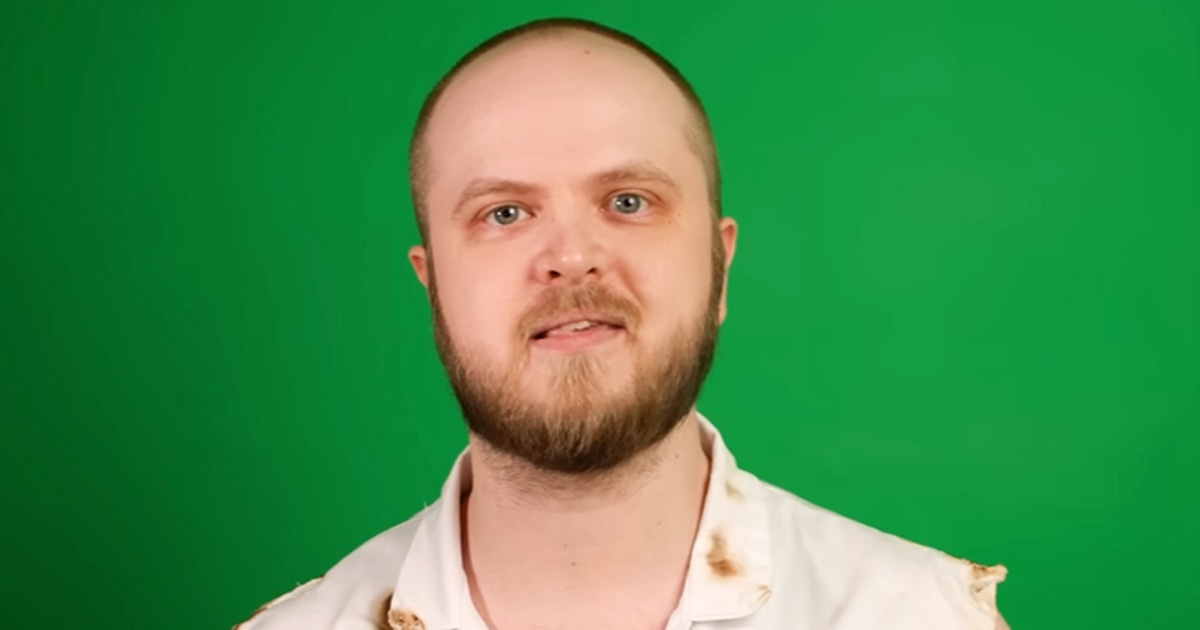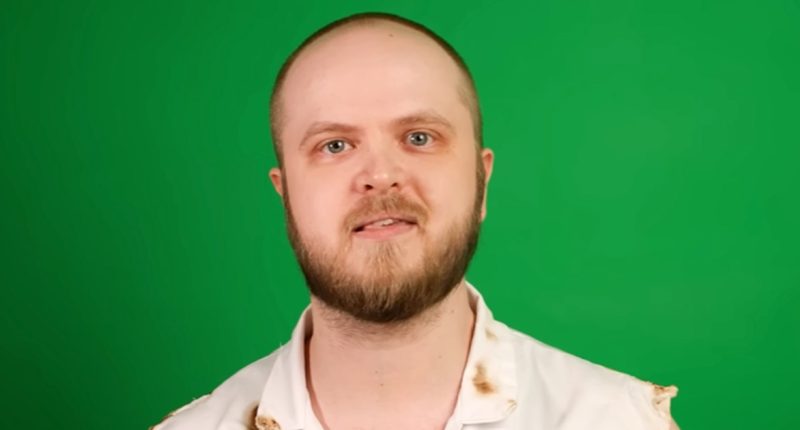
Two weeks after accusations of plagiarism rocked many in the YouTube community, a creator who was at the center of the controversy spawned even more backlash after he deleted an apology video within hours of having posted it.
James Somerton, a Canadian YouTuber known for video essays about queer literature, had over 330,000 subscribers before Harris Brewis, known as “hbomberguy” on YouTube, accused him and others of a repeated pattern of plagiarism in a four-hour video that has amassed over 10 million views.
A large part of Brewis’ video focuses on Somerton — pointing out several instances in which he appeared to directly lift passages from other people’s articles, books and online posts or appeared to change and rearrange words to make them seem like his original work. Somerton — whose subscriber count dropped to 255,000 on YouTube — went silent online, hid all his videos from public view and deactivated his presence on Patreon, a platform where supporters could pay him monthly subscription fees from $20 to $100.
But Wednesday, Somerton returned with a 34-minute apology video, which NBC News reviewed before it was removed. Other creators re-uploaded the video. Many online said Somerton’s apology fell flat — they pointed out that she never used the words “plagiarism” or “plagiarized.” He also didn’t describe the full extent of what he was accused of. Instead, he apologized for not always having credited authors and source materials — which he had already done when he was called out in the past.
“I tried to put, like, ‘this is based on this person’s research’ or ‘this person’s book,’ but I know now that wasn’t enough, and that wasn’t OK,” Somerton said in the video, which had been removed by Thursday morning. “There were a lot of times that stuff just got put in and there was no attempt at crediting anybody.”
Plagiarism has become a widely recognized issue for creators and audiences — and the massive responses to both Brewis’ initial video and Somerton’s apology have underscored how many creators believe the problem can’t be easily remedied just with apologies. Some people want creators like Somerton to take more responsibility. Others argue that platforms should have stricter regulations to prevent the problem from happening at such magnitude.
Neither Somerton nor Brewis responded to requests for comment Thursday.
In a note posted to his channel after he removed the video, Somerton wrote that he is “not in a healthy frame of mind to be posting anything online” and said he would “apologize properly and in detail” when he’s “mentally stable.” In the video and the note, he said he had been recently hospitalized.
YouTube, a Google-owned platform, has copyright and fair use policies that allow copyright holders to register complaints within YouTube’s system. A spokesperson for YouTube didn’t immediately respond to a request for comment Thursday.
A spokesperson for Patreon has previously told NBC News that it doesn’t have plagiarism-specific guidelines and would act on a creator’s account only in accordance with a takedown notice under the Digital Millennium Copyright Act, or DMCA.
“We take intellectual property seriously,” Patreon said in an email statement this month when it was asked about Brewis’ video. “Because it is the creator’s work, we need the creator as the rights holder to file a notice of claimed infringement of their intellectual property. Although Patreon is not a body that determines the ownership or settles disputes, when we receive complete DMCAs from creators, we act on them.”
Before he deleted the apology video, Somerton had restored his Patreon account, which alarmed other YouTube creators, who spoke out urging people to cancel their subscriptions before they got charged again. When he deleted his apology, Somerton also deactivated his Patreon page again.
The responses from viewers, journalists and other YouTubers on social media were overwhelmingly critical toward Somerton’s apology.
Jessie Earl, a YouTuber who also goes by Jessie Gender, wrote on X (formerly Twitter) that Somerton’s video felt “deeply emotionally manipulative.” Harris reshared posts on X urging Somerton’s Patreon subscribers to cancel their subscriptions.
Harris’ video producer, Kat Lo, posted on X that it was “hard not to feel guilt” for Somerton’s suffering and that she would be watching the YouTube channel’s email to see whether Somerton reached out about giving money back.
Gita Jackson, one of the journalists whose work Somerton is accused of plagiarizing, posted on X that Somerton owes everyone he plagiarized an apology — and that they hadn’t received one.
In a phone interview in early December, Jackson said Somerton lifted quotations from interviews Jackson conducted for a Vice News article and used them in his video without crediting Jackson.
“This was so much more egregious than what I assumed it was going to be,” Jackson said. “It was wild to see this dude not just read my own words and my original thoughts, but to read the quotes that were the direct result of me doing boots-on-the-ground journalism.”
Brewis said in his video that he would give any money he made from ads that ran on his YouTube exposé to the creators who were plagiarized, who included journalists and writers.
In his apology, Somerton praised Brewis for planning to give money to the original authors and said he would do the same if he restored his old videos to public view and made money off them again.
Source: | This article originally belongs to Nbcnews.com









